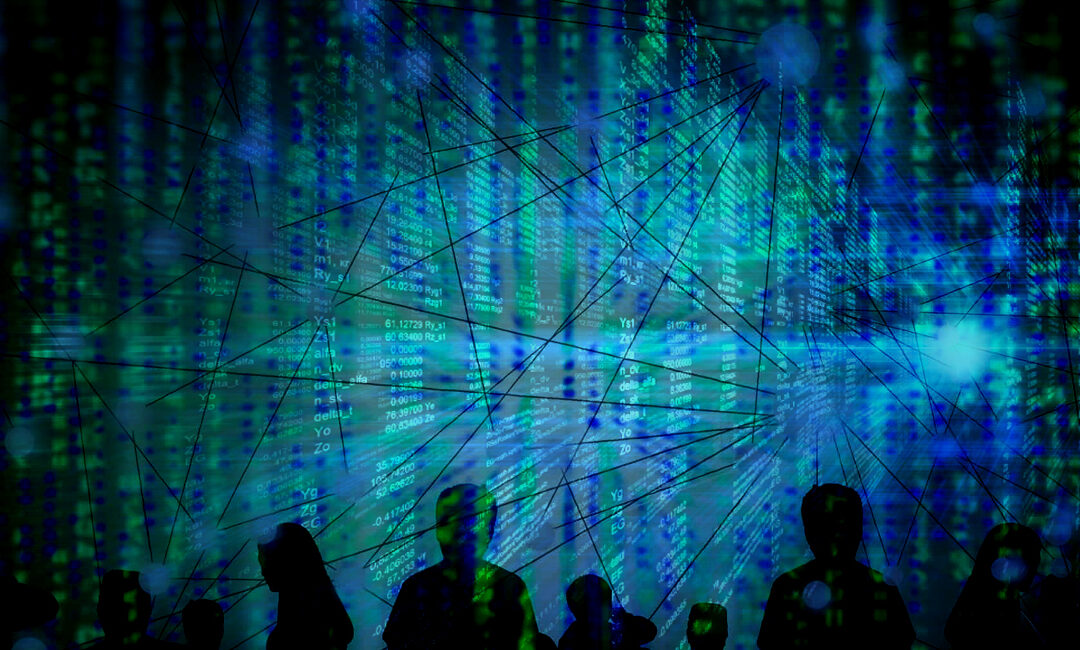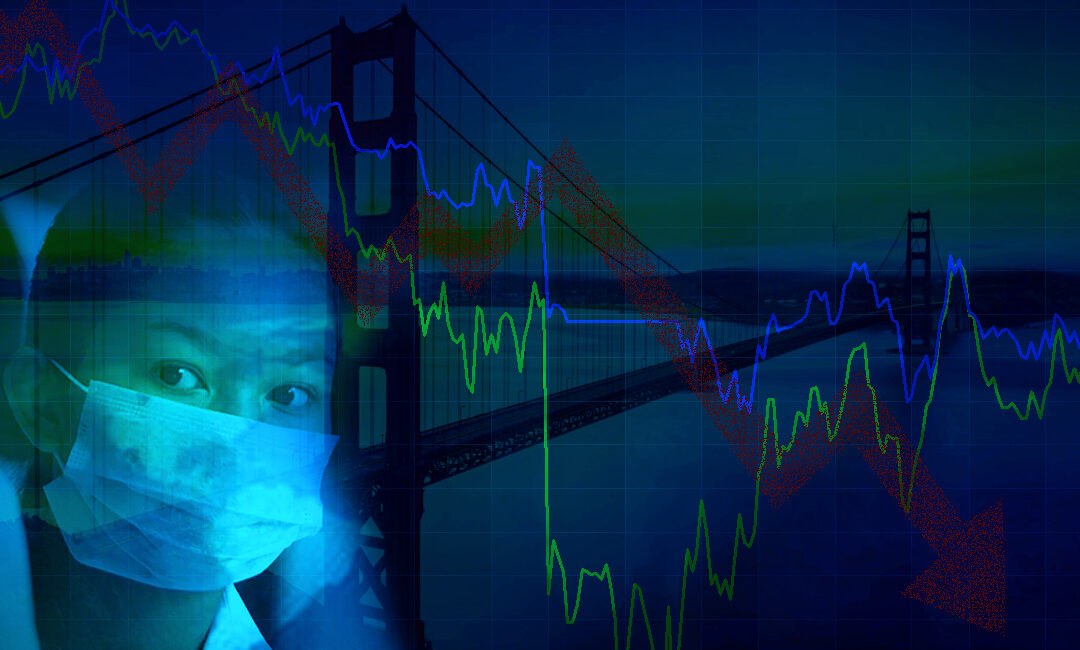
by Nicholas Mitsakos | Artificial Intelligence, Technology, Writing and Podcasts
The history of AI shows that attempts to build human understanding into computers rarely work. Instead, most of the field’s progress has come from the combination of ever-increasing computer power and exponential growth in available data. Essentially, the ability to bring ever more brute computational force to bear on a problem-focused on larger data sets have given increasing usefulness. But, it’s limitations are also magnified in sharp relief more than ever. The bitter lesson is that the actual contents of human minds are tremendously, irredeemably complex…They are not what should be built into machines. Machine learning doesn’t live up to the hype. These systems are fundamentally brittle, and always break down at the edges where performance is essential and consequences much direr. There are many potential applications that can be effective and useful tools. They are simply much less ambitious than the current hype would indicate, but they are also far more realistic.
by Nicholas Mitsakos | Artificial Intelligence, Public Policy, Writing and Podcasts
Productivity, expansion, and entrepreneurship were enabled through the adoption of new technology. Undeniably, the net economic benefit was substantial. But lives were disrupted, jobs were lost, and what would be seen with a historical perspective as an obvious beneficial choice, was anything but obvious to those so immediately and negatively impacted. Technological advancements produce net benefits for society. But for every advancement, there is a cost. Leadership and subsequent public policy must address this shortfall. As in the past, the solution has been training and education leading to economic inclusion and prosperous lives. and subsequent public policy must address this shortfall. As in the past, the solution has been training and education leading to economic inclusion and prosperous lives. History has taught us the net benefit of technological advancement, the turmoil it brings, and the solution required.

by Nicholas Mitsakos | Artificial Intelligence, Biotechnology, Health Care, Technology, Writing and Podcasts
Medical Intelligence is a new discipline, converging human and artificial intelligence. Artificial intelligence will not replace human intelligence, especially in medicine. Diagnosis and treatment will remain a human endeavor. But AI will be an indispensable tool helping human intelligence effectively deliver better quality healthcare. The overwhelming benefit is that it raises the bar for all practitioners. A minimum level of quality medical care can available globally. The higher standard for diagnostic accuracy, therapeutic recommendations, and overall care from this mass of data gathering will improve overall health and wellness everywhere. Applied effectively, these tools also drive down overall healthcare costs, diagnostic errors, and unnecessary procedures. Greater accuracy eliminates needless testing and procedures significantly and delivers effective care more quickly. Diagnosis is more immediate, recovery times faster, care more available, and overall expenses reduced.

by Nicholas Mitsakos | Economy, Health Care, Technology, Writing and Podcasts
Instead of “internet time” we now have “pandemic time.” The need for advanced systems to keep society functioning, manufacturing moving, and give consumers some sense of safety is immediate. Driving innovations – whether those innovations are in health care, technology or other areas of production and manufacturing – is essential to not only offset the impact of the global pandemic but stay competitive and sustainable long after the current health crisis has subsided. Technological advancements, especially machine learning and other powerful software tools, combined with developments in nanotechnology, monitoring, and global communication networks will accelerate a profound change that will permeate all aspects of business and manufacturing. Advanced technologies were set to indelibly affect all aspects of industry in about five years. The curve to successfully implement the best tools and make processes more efficient, informative, and effective has been accelerated by the pandemic. The need for automation and systematic tools to keep society functioning, keep manufacturing moving, and give consumers some sense of safety and confidence is immediate. More than anything, driving innovations – whether those innovations are in health care and life science, technology or other areas of production and manufacturing – is now seen as essential to not only offset the impact of the global pandemic but stay competitive and sustainable long after the current health crisis has subsided. Technological advancements, especially machine learning and other powerful software tools, combined with developments in nanotechnology, monitoring, and global communication networks will accelerate a profound change that will permeate all aspects of business and manufacturing.

by Nicholas Mitsakos | Economy, Writing and Podcasts
Since major disruptions and market discontinuities occur on a regular basis (every 7 to 10 years is regular enough for this definition), understanding that these opportunities will arise and to be clearheaded about how to best take advantage of them, invest in the long-term, and capture disproportionate returns should be the rule – not the exception. The world may seem riskier, but risk-adjusted returns are much more favorable. Market modulation will interrupt rational pricing. We are having a moment of extreme downward pricing pressure on assets that are perceived as riskier, and upward pressure on prices for safer assets. This can be easily represented by the pricing differential between government securities and lower investment grade fixed income securities. One security has rallied substantially, while spreads between government securities and high-yield debt have widened dramatically.

by Nicholas Mitsakos | Biotechnology, Health Care, Writing and Podcasts
The coronavirus will accelerate the third great innovation revolution of modern times. Beginning about 100 years ago, three fundamental components were discovered: the atom, the bit, and the gene. Now, a life-science revolution driven by biotech and the discovery of the gene and the molecules (DNA and RNA) that contain and implement its information will be used to fight viruses at the molecular level, treat cancer through fundamental and personalized mechanisms, and edit our own genes to potentially make us immune to viruses and cancer, correct disability-causing mutations, and genetically enhance our bodies and minds.

by Nicholas Mitsakos | Economy, Investment Principles, Public Policy, Writing and Podcasts
The US economy is facing a transitory, but critical, credit emergency beyond the Fed’s normal scope. A new federal credit facility is needed to ensure that sound businesses and households have ready access to cash to get through this crisis. Global business needs a giant bridge loan to get through a tough few months, and governments may need to intervene to make it happen – led by the Fed. The credit markets need substantial additional liquidity, taxes need to be cut to get cash to companies, and banks need to lend and show patience

by Nicholas Mitsakos | Artificial Intelligence, Biotechnology, Health Care, Writing and Podcasts
Distributed learning can enable machine learning for health care. With its unique privacy approach, it can very effectively overcome the greatest obstacle facing AI adoption in health care today. We no longer need to choose between patient privacy and the utility of the data to society. We can now achieve privacy and utility simultaneously.

by Nicholas Mitsakos | Artificial Intelligence, Biotechnology, Book Chapter, Writing and Podcasts
A new technique, inspired by quantum cryptography, allows large medical databases to be tapped for causal links. This is a fundamental breakthrough in thinking, and this perspective has the potential to spot cause-and-effect, supercharge medical diagnoses, and use AI effectively.








